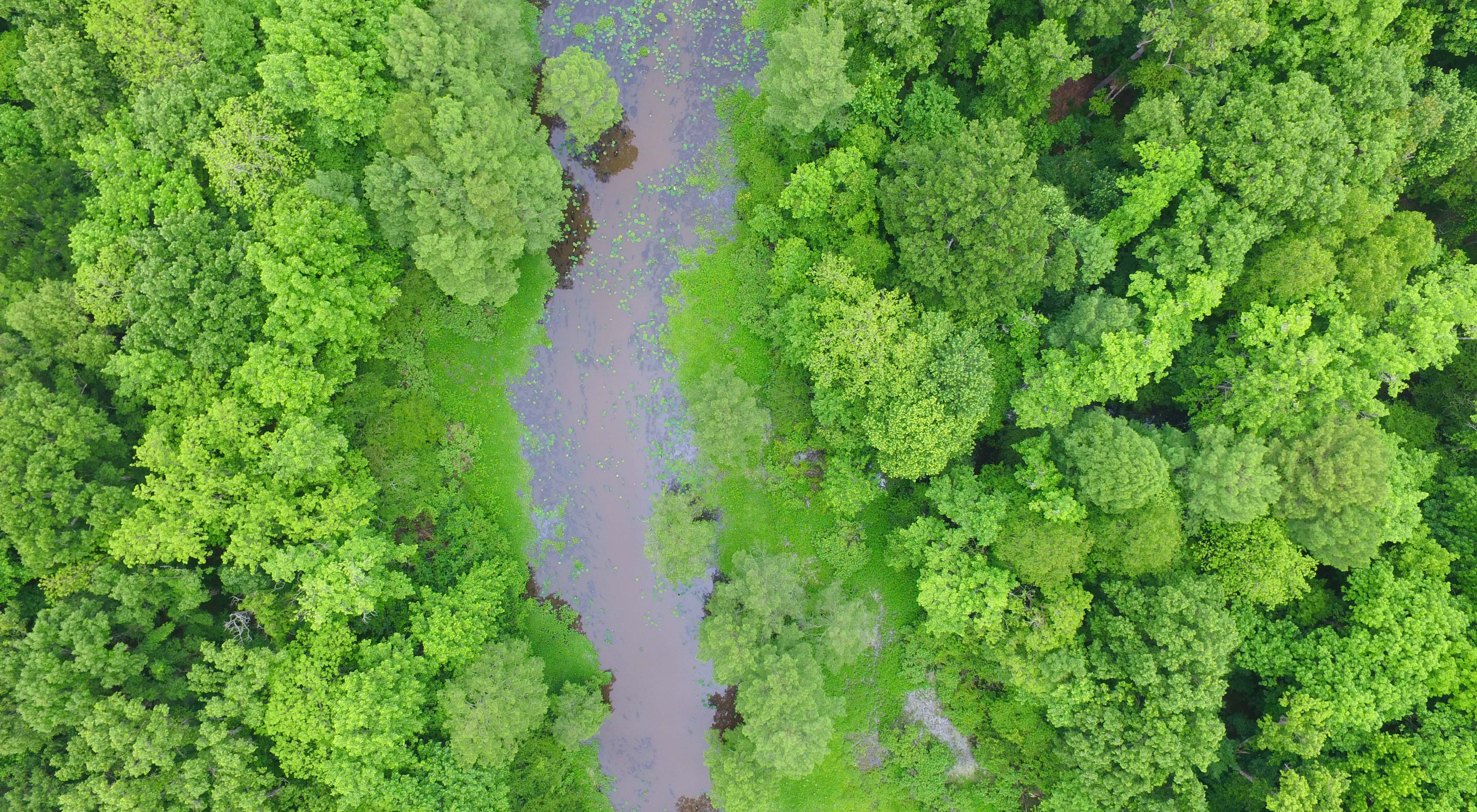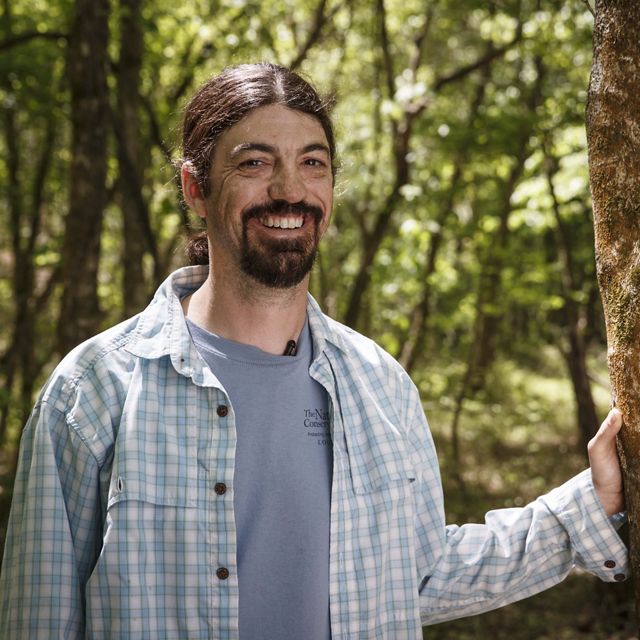The Conservation Fellows Program
Engaging the next generation of conservation leaders
The Nature Conservancy is in a unique position to create innovative programs to to engage graduate students in applied, interdisciplinary research. The traditional model of graduate education often leaves students and early-career scientists feeling marginalized by a focus on specialization, and only have the opportunity to explore one facet of a scientific problem. The Nature Conservancy created the Conservation Fellows Program in Louisiana to develop the conservation leaders of the future, leaders who will think beyond a single problem.
The Program
Fellows work with a university professor on a research need identified by TNC. In tandem with their academic experience, fellows become active participants on TNC’s conservation team, engaging all facets of conservation from scientific to social and economic. All fellows receive science communication mentoring from TNC staff and participate in communications workshops, so that they can share their research with different audiences.
Once finished with their projects, fellows’ research results are used to directly impact conservation in Louisiana and beyond. Trained in the multiple facets of issues and adept at leading effective partnerships, fellows leave the program prepared to solve complex problems on different scales.
Strategies
- Research—Conservation Fellows are recruited to work on TNC’s priority research needs. Their results are directly applied to conservation action.
- Communication—Through science communication workshops and experiences like writing blogs and doing media interviews, TNC trains fellows to communicate effectively.
- Partnership—TNC partners with participating universities to deliver the program. With this combination of funding and expertise, fellows get the best academic and on-the-ground experience for solving conservation issues.
Measuring Success
The Louisiana Chapter has been funding and mentoring students since 2009. The Conservancy’s conservation team, along with its network of experts and advisors, has identified research priorities that represent the greatest current and future applied science needs. These goals are ripe to be advanced by Conservation Fellows.
Natural systems don’t recognize state borders. Our vision is to grow the program to extend beyond Louisiana to ecosystem scales. We also envision innovative partnerships to unlock the power of talents not often associated with conservation—like technology development, policy building, and marketing. Success is best measured by the connections we create, between researchers and beyond.
The Opportunity
"Imagine a pair of fellows," Says Bryan Piazza, Louisiana's Director of Freshwater and Marine Science. "One works on the Wabash River in Indiana, where excess nutrients enter the Mississippi River System. The other fellow works in the Atchafalaya Basin, where wetlands serve as the kidneys of the system, removing nutrients and cleaning the water. These fellows communicate directly with each other, exchanging research in order to solve conservation problems that challenge both ends of a river system." This is the type of collaboration that the TNC envisions for its Conservation Fellows.

